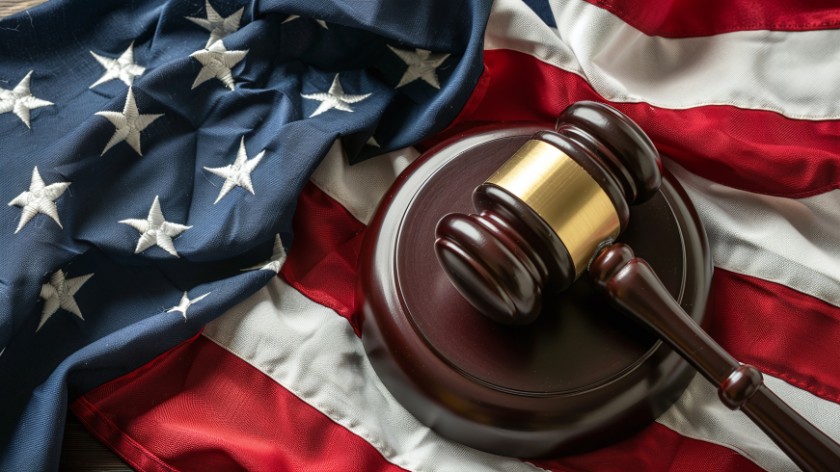
A federal appeals court has overturned the Federal Communications Commission's (FCC) latest attempt to enforce net neutrality regulations, dealing a major setback to the Biden administration's internet policy agenda.
In a 26-page decision, the U.S. Court of Appeals for the Sixth Circuit ruled that the FCC lacks the authority to classify broadband internet as a telecommunications service, which would have subjected internet service providers (ISPs) to stricter regulations.
The court found that broadband providers' role in helping users retrieve, store, and use information better aligns with the definition of an "information service" rather than a telecommunications service under existing law.
The FCC's net neutrality rules, passed in April 2024, would have prevented ISPs from blocking websites or charging higher rates for faster access to services. The regulations aimed to treat internet service similar to essential public utilities like water or electricity.
The ruling referenced the Supreme Court's recent elimination of the "Chevron deference" doctrine, which previously gave federal agencies broad powers to interpret laws. Without this framework, the court determined it must independently interpret the net neutrality statute rather than defer to the FCC's judgment.
FCC Chair Jessica Rosenworcel expressed disappointment with the decision, stating: "Consumers across the country have told us again and again that they want an internet that is fast, open, and fair." She called on Congress to take legislative action to establish net neutrality principles in federal law.
Meanwhile, incoming FCC Chair Brendan Carr welcomed the ruling, describing it as "a good win for the country" and criticizing what he called "President Biden's Internet power grab."
The decision marks the latest development in a long-running debate over net neutrality that has swung back and forth with changing presidential administrations. The rules were first implemented under President Obama in 2015, repealed during the Trump administration in 2017, and the Biden administration attempted to restore them.
Consumer advocacy groups have expressed concern about the ruling's impact on internet access and competition, while telecommunications companies and industry groups that opposed the regulations have praised the court's decision.